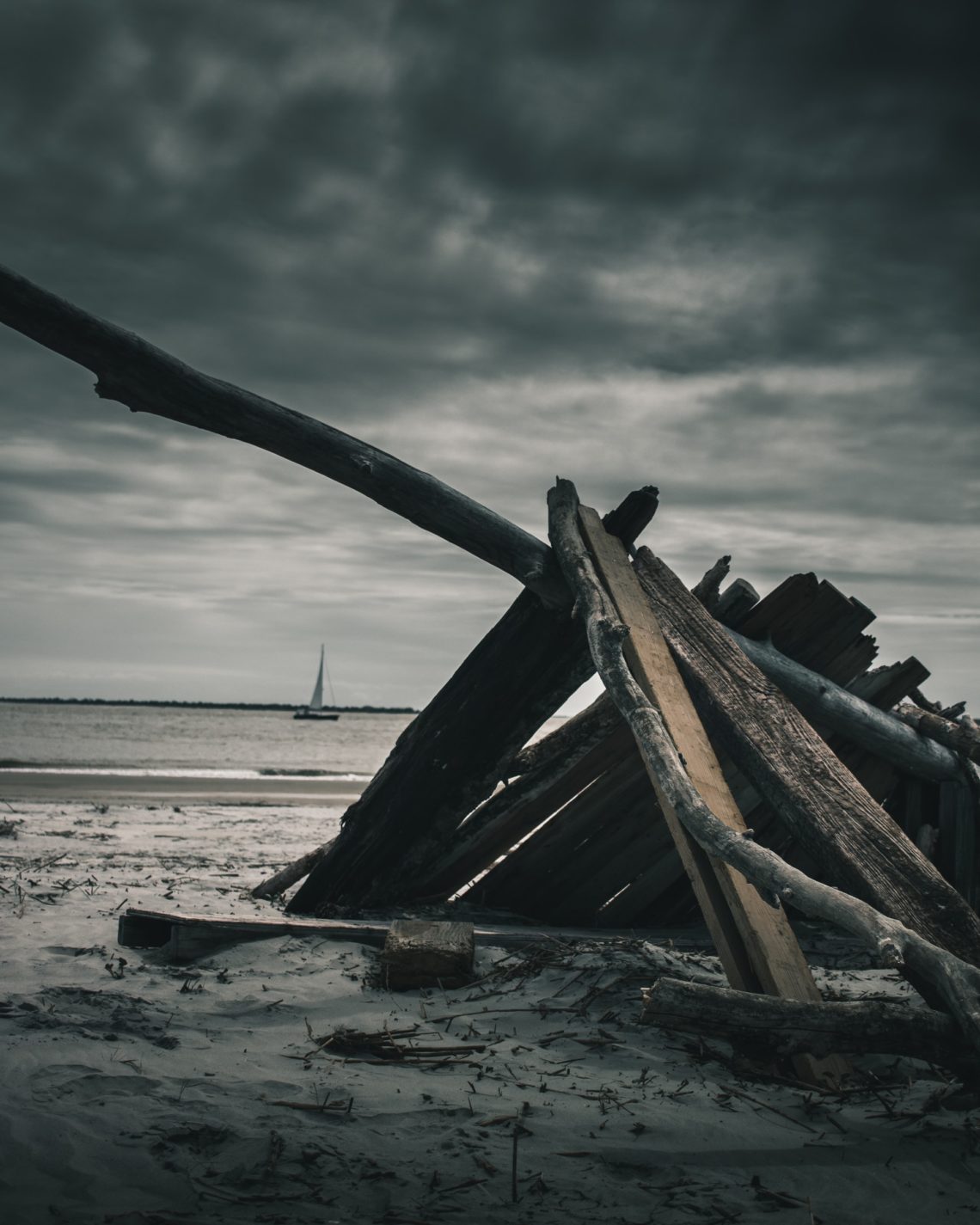In 1718, decades before the Founding Fathers quarreled over State’s rights versus Federal rights, Blackbeard’s infamous Queen Anne’s Revenge ran aground off the coast of Beaufort, North Carolina. Nearly 300 years later, the Supreme Court of the United States unanimously ruled that all States enjoy sovereign immunity from copyright lawsuits.
In June 2019, we published a blog post detailing the lawsuit between Nautilus Productions, LLC (“Nautilus”) and the State of North Carolina. When the wreckage of Queen Anne’s Revenge was discovered in 1996, Intersal, Inc. (“Intersal”), a private research and salvage company, conducted the exploration and recovery of the ship’s artifacts. Interstal hired Nautilus to document its efforts over the next 20 years via photography and videography.
In 2013, North Carolina used Nautilus’ photographs and video footage (without obtaining permission) to promote tourism. Although North Carolina later paid Nautilus $15,000 in a settlement for its infringement, the State nonetheless continued its usage. Two years later, the North Carolina General Assembly passed “Blackbeard’s Law”, which categorized the images and video as public domain. Ultimately, Nautilus sued the State of North Carolina in federal court for its piracy.
In March 2017, the United States District Court for the Eastern District of North Carolina sided with Nautilus, finding the Copyright Remedy Clarification Act (the “CRCA”) abrogated North Carolina’s sovereign immunity from copyright lawsuits, and ruled “Blackbeard’s Law” unconstitutional. The United States Court of Appeals for the Fourth Circuit overruled the lower court, determining the CRCA’s attempt to reverse state immunity invalid. Nautilus thereafter filed a writ of certiorari seeking guidance from the United States Supreme Court.
Penning last week’s decision, Justice Kagan noted the 1990 U.S. Supreme Court decision known as Florida Prepaid “all but prewrote our decision today.” In Florida Prepaid, the Supreme Court concluded states are protected from individual suits for patent and copyright infringement pursuant to Article 1 of the Constitution. Upholding precedent, the Supreme Court reaffirmed state immunity from copyright lawsuits. However, Justice Kagan did suggest Congress revisit the statute to document potential due process violations. If due process violations are found, Congress should enact “a tailored statute” that “can effectively stop states from behaving as copyright pirates.”
Although the decision was unanimous, two concurring opinions were authored. Writing on behalf of himself and Justice Ginsburg, Justice Breyer utilized the “treasure chest” of pirate puns at his disposal. While recognizing the decision followed precedent, Justice Breyer restated his disagreement with such precedent. He believes it is not unconstitutional for Congress to require states that “have pirated intellectual property . . . to pay for what they have plundered.”
Undoubtedly Blackbeard, known as “the most notorious of sea robbers”, is also having a laugh in his grave about the 21st century quibble over a ship he himself stole before its abandonment.
If you’ve recently discovered a sunken pirate ship, please call us at (704) 457-1010 to schedule a consultation. For more information regarding our firm, attorneys, and practice areas, please visit https://lindleylawoffice.com/.




